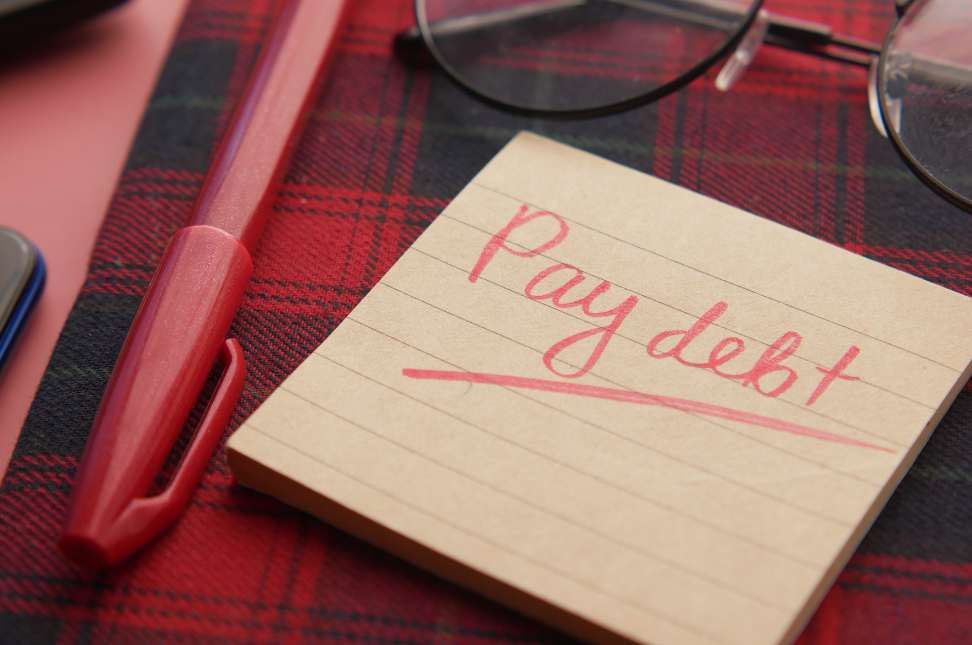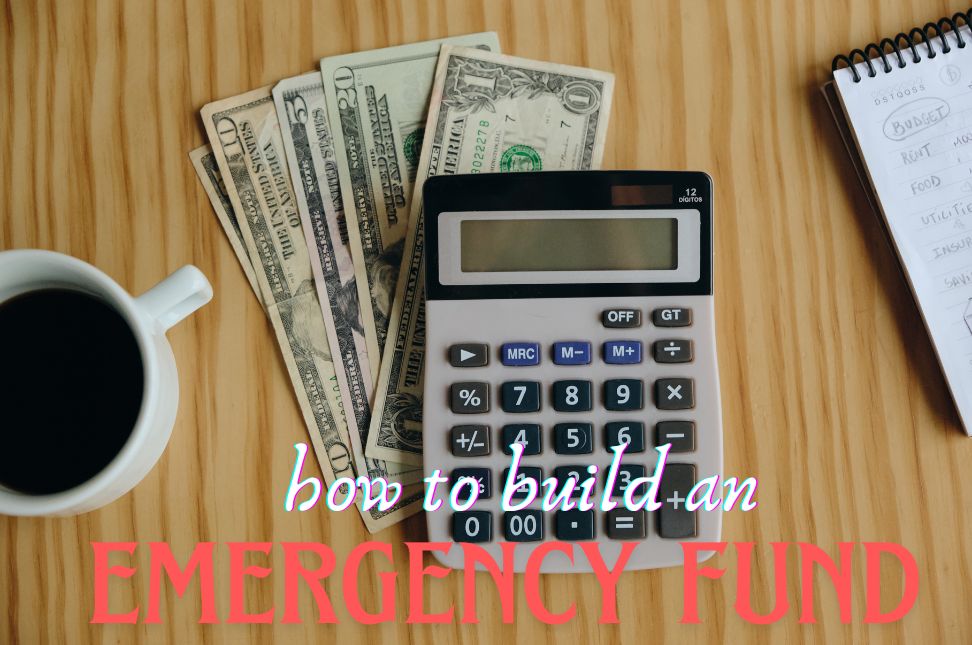Managing your finances can be challenging, but learning how to avoid debt is crucial for achieving long-term financial stability. Debt can quickly spiral out of control, leading to stress and financial hardship. By adopting smart financial habits and making informed decisions, you can keep debt at bay and secure your financial future. This article will explore practical strategies on how to avoid debt, helping you live a debt-free life.
Understanding the Importance of Debt Management
Before diving into strategies on how to avoid debt, it’s essential to understand why managing debt is so crucial. Debt can accumulate through various means, such as credit cards, loans, and mortgages. While some debt, like a mortgage, might be necessary, excessive or poorly managed debt can lead to financial difficulties.
The impact of debt extends beyond your bank account. It can affect your mental health, relationships, and even your ability to achieve life goals. By learning how to avoid debt, you can prevent these issues and maintain control over your financial well-being.
1. Create and Stick to a Budget
One of the most effective ways to learn how to avoid debt is by creating and sticking to a budget. A budget helps you track your income and expenses, ensuring that you live within your means.
Start by listing all your sources of income and your fixed expenses, such as rent, utilities, and insurance. Then, allocate a portion of your income to savings and discretionary spending. By monitoring your spending and adjusting your budget as needed, you can avoid overspending and reduce the likelihood of incurring debt.
2. Build an Emergency Fund
An emergency fund is a critical component of learning how to avoid debt. Life is unpredictable, and unexpected expenses, such as medical bills or car repairs, can arise at any time. Without an emergency fund, you might be forced to rely on credit cards or loans, leading to debt accumulation.
Aim to save at least three to six months’ worth of living expenses in your emergency fund. This cushion will provide financial security and prevent you from falling into debt when faced with unexpected costs.
3. Avoid Impulse Purchases
Impulse purchases can quickly derail your financial plan and lead to unnecessary debt. To master how to avoid debt, it’s essential to control your spending habits and make thoughtful decisions about your purchases.
Before making a purchase, ask yourself if it’s a need or a want. If it’s a want, consider waiting 24 hours before buying. This cooling-off period can help you avoid impulsive spending and reduce the risk of accumulating debt.
4. Use Credit Cards Wisely
Credit cards can be a valuable financial tool when used responsibly, but they can also lead to debt if mismanaged. Understanding how to avoid debt involves using credit cards wisely and avoiding common pitfalls.
Always pay your credit card balance in full each month to avoid interest charges. If you can’t pay the full balance, aim to pay more than the minimum payment to reduce your debt faster. Additionally, limit the number of credit cards you have to avoid the temptation of overspending.
5. Live Within Your Means
Living within your means is a fundamental principle of how to avoid debt. This means spending less than you earn and avoiding lifestyle inflation as your income increases.
To live within your means, prioritize essential expenses and cut back on non-essential spending. Consider adopting a frugal mindset, where you seek value in every purchase and avoid unnecessary luxuries. By doing so, you can save more money and reduce the risk of falling into debt.
6. Pay Off Existing Debt Promptly

If you already have debt, learning how to avoid debt includes paying off existing debt as quickly as possible. The longer you carry a balance, the more interest you’ll accrue, making it harder to achieve financial freedom.
Consider using the debt snowball or debt avalanche methods to pay off your debt efficiently. The debt snowball method involves paying off the smallest debts first, while the debt avalanche method focuses on paying off the debts with the highest interest rates. Choose the method that best suits your financial situation and stick to your plan.
7. Avoid Unnecessary Loans
Taking out loans for non-essential items can lead to unnecessary debt. To master how to avoid debt, avoid borrowing money for things you don’t truly need, such as luxury items or vacations.
Before taking out a loan, carefully consider whether the purchase is necessary and if you can afford it without borrowing. If a loan is unavoidable, shop around for the best interest rates and terms to minimize the cost of borrowing.
8. Educate Yourself About Personal Finance
Understanding personal finance is key to mastering how to avoid debt. The more you know about managing money, the better equipped you’ll be to make informed financial decisions.
Take the time to educate yourself on topics like budgeting, saving, investing, and debt management. There are plenty of resources available, including books, podcasts, and online courses. By improving your financial literacy, you can make smarter choices and reduce the risk of falling into debt.
9. Plan for Major Expenses
Major expenses, such as buying a car or funding a wedding, can lead to significant debt if not planned for properly. To learn how to avoid debt, it’s important to plan and save for these expenses in advance.
Create a savings plan for any major expenses you anticipate in the future. Set aside money each month until you have enough to cover the cost without borrowing. This approach will help you avoid taking on debt for large purchases and keep your finances on track.
10. Seek Professional Advice When Needed
Sometimes, managing your finances and learning how to avoid debt can be overwhelming, especially if you’re dealing with complex situations like multiple debts or a major financial crisis. In these cases, seeking professional advice can be beneficial.
Financial advisors or credit counselors can help you create a debt management plan, budget effectively, and make informed financial decisions. They can provide guidance tailored to your specific situation, helping you avoid debt and achieve your financial goals.
Conclusion: Taking Control of Your Financial Future
Learning how to avoid debt is a crucial step towards achieving financial freedom. By creating a budget, building an emergency fund, and making informed financial decisions, you can keep debt at bay and secure your future. Remember, it’s never too late to take control of your finances and start living a debt-free life.
Implement these strategies today to learn how to avoid debt and build a solid financial foundation for yourself and your family. The road to financial freedom may require discipline and effort, but the peace of mind that comes with being debt-free is well worth it.




